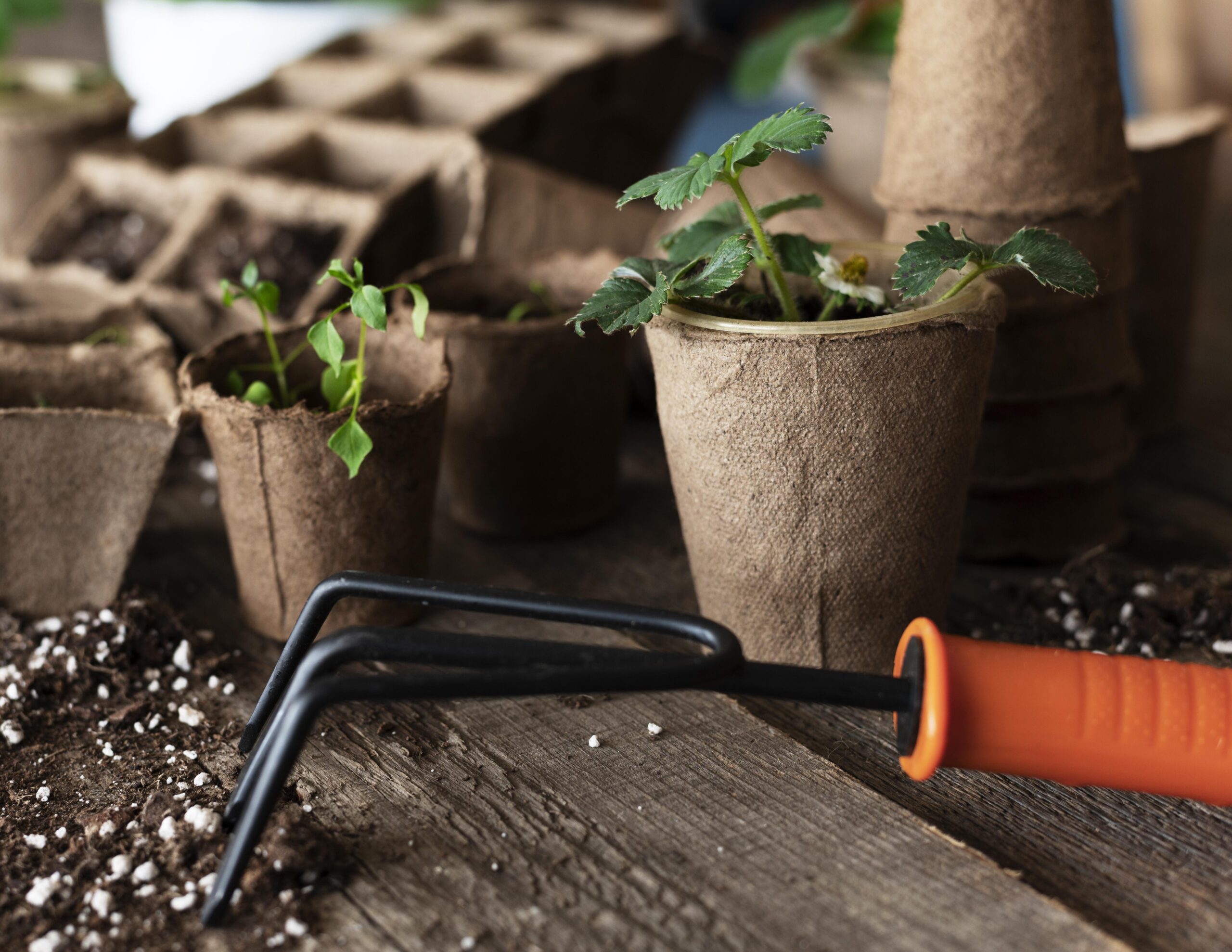
The world is waking up to the devastating consequences of plastic pollution. From clogged waterways to microplastics in our food chain, the environmental impact of plastic is undeniable. In response, individuals and industries alike are turning toward sustainable, biodegradable alternatives—especially in everyday essentials like garden supplies and household items.
One such alternative making waves is coir fibre—a natural material derived from the humble coconut husk. This once-overlooked by-product is now gaining recognition for its eco-friendly properties, particularly in gardening and agriculture. At Sanjeevini Garden, we embrace the power of coir to offer sustainable, biodegradable solutions that help both your plants and the planet thrive.
Grow greener with Sanjeevini Garden —where nature meets innovation.
Compared to plastic, coir fibre is organic, breathable, and biodegradable—qualities that make it not only a better option for the environment but also more functional in many gardening scenarios. In this post, we’ll explore the real reasons why coir fibre products outperform plastic in sustainability, practicality, and ecological impact.
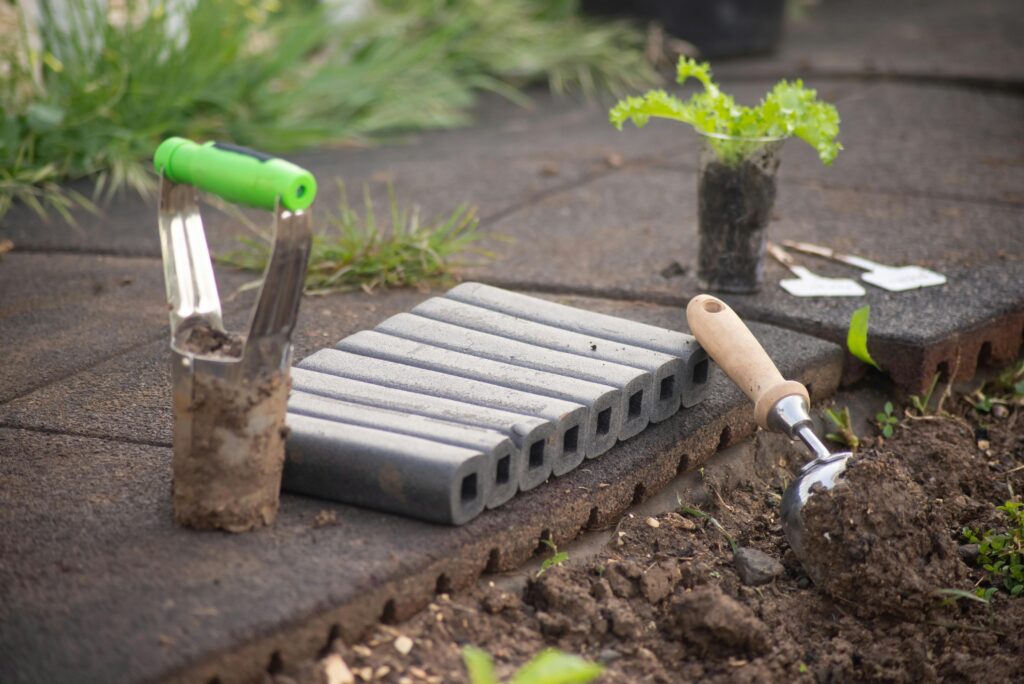
Coir fibre is the coarse, brown fibre found between the hard inner shell and the outer coat of a coconut. Traditionally, it has been used to make ropes, doormats, and brushes, thanks to its strength and resilience.
Today, coir is a valuable material across several domains:
This transformation of a natural by-product into multi-purpose, green alternatives is a shining example of circular, sustainable innovation.
Coir outshines plastic at every stage—from eco-friendly production to zero-waste disposal. Make the switch with Sanjeevini Garden and grow green, naturally
Bottom line: Coir fibre is far superior in every ecological metric—low impact, renewable, and Earth-friendly.
Lorem ipsum dolor sit amet, consectetur adipiscing elit. Ut elit tellus, luctus nec ullamcorper mattis, pulvinar dapibus leo.
Coir fibre products aren’t just a green choice—they’re also highly practical and functional. Here’s why gardeners and eco-conscious consumers are making the switch:
For gardeners, the shift to coir is not just about saving the planet—it’s also about better plant performance and convenience.
In essence, coir offers practical, eco-conscious gardening with real results.
Coir fibre planters not only reduce plastic waste but also support healthy plant growth. If you’re just getting started, check out our guide on the 7 Best Easy To Grow Vegetables At Home — perfect for beginners using eco-friendly containers like coir pots.
In a world burdened by plastic waste, coir fibre offers a smart, sustainable alternative. It reduces landfill impact, enriches soil, and supports eco-friendly living. Whether you’re a new gardener or a green enthusiast, coir makes a real difference.
Switch to planet-friendly choices with Sanjeevini Garden’s coir products—go green the smart way!
Unlike plastic pots that persist in landfills, coir pots decompose naturally and enrich the soil. This makes them a win-win for both the environment and your garden. Discover more benefits in our guide: How Coir Pots Reduce Waste and Grow Healthier Plants.
Is coir really more durable than plastic?
Coir is durable enough for multiple gardening cycles and decomposes naturally—unlike plastic, which remains in the environment for centuries.
Can coir products be reused in gardening?
Yes! Coir pots, grow bags, and mats can be reused with basic care and maintenance.
Are coir products safe for edible plants?
Absolutely. Coir is chemical-free and safe for vegetables, herbs, and fruits.
Is switching to coir expensive?
While coir may have a slightly higher upfront cost, it offers greater value through reusability and environmental benefits.
Where can I find quality coir fibre gardening products?
You can shop online or at local eco-friendly garden centers. Look for handmade coir goods from trusted, sustainable brands like Sanjeevini Garden for quality and eco-conscious gardening solutions.

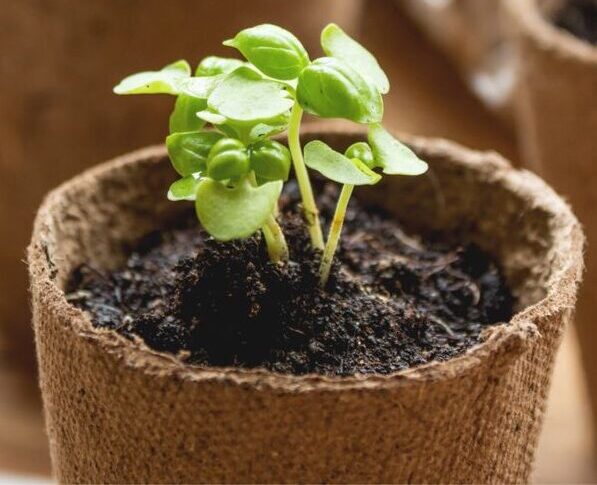
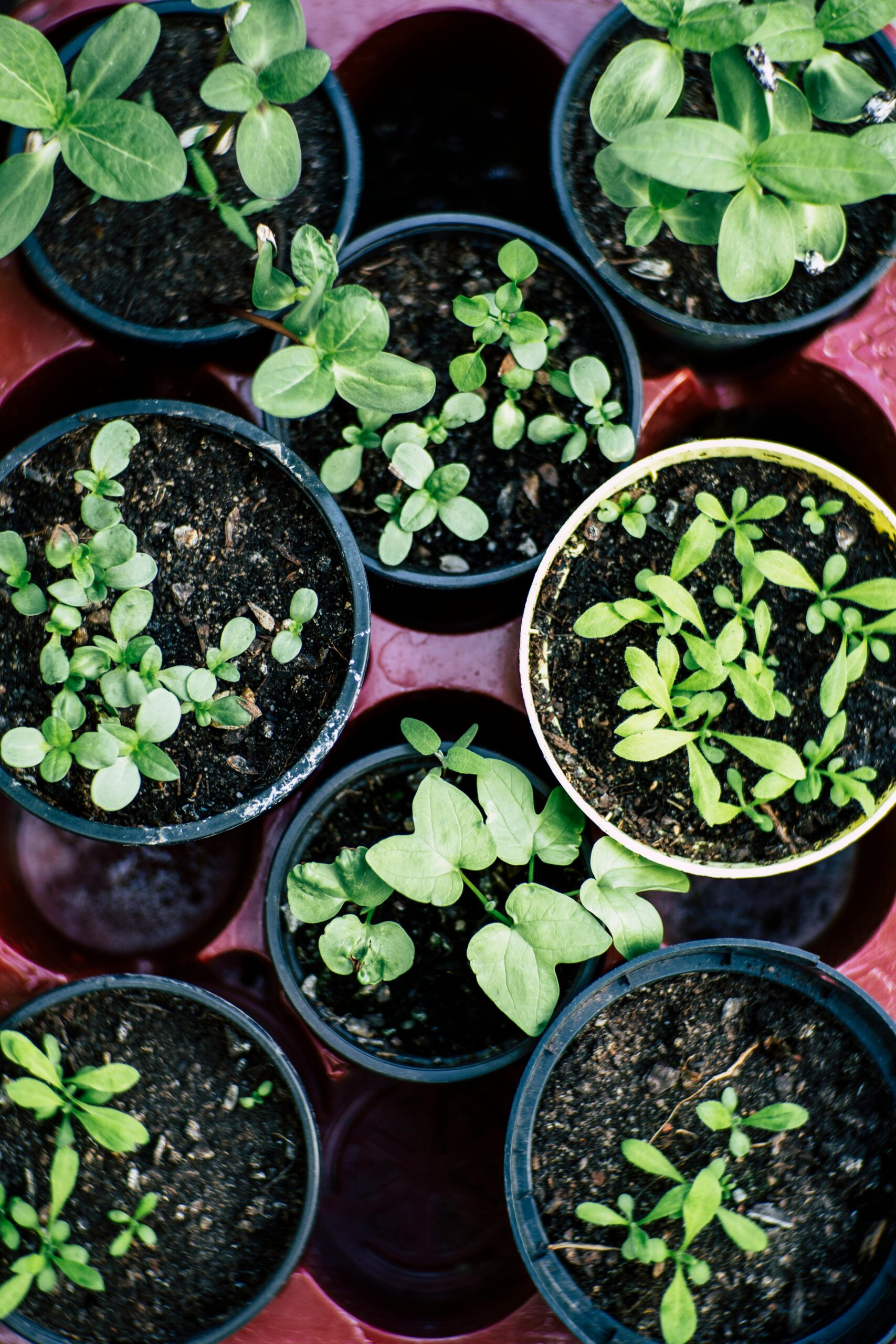
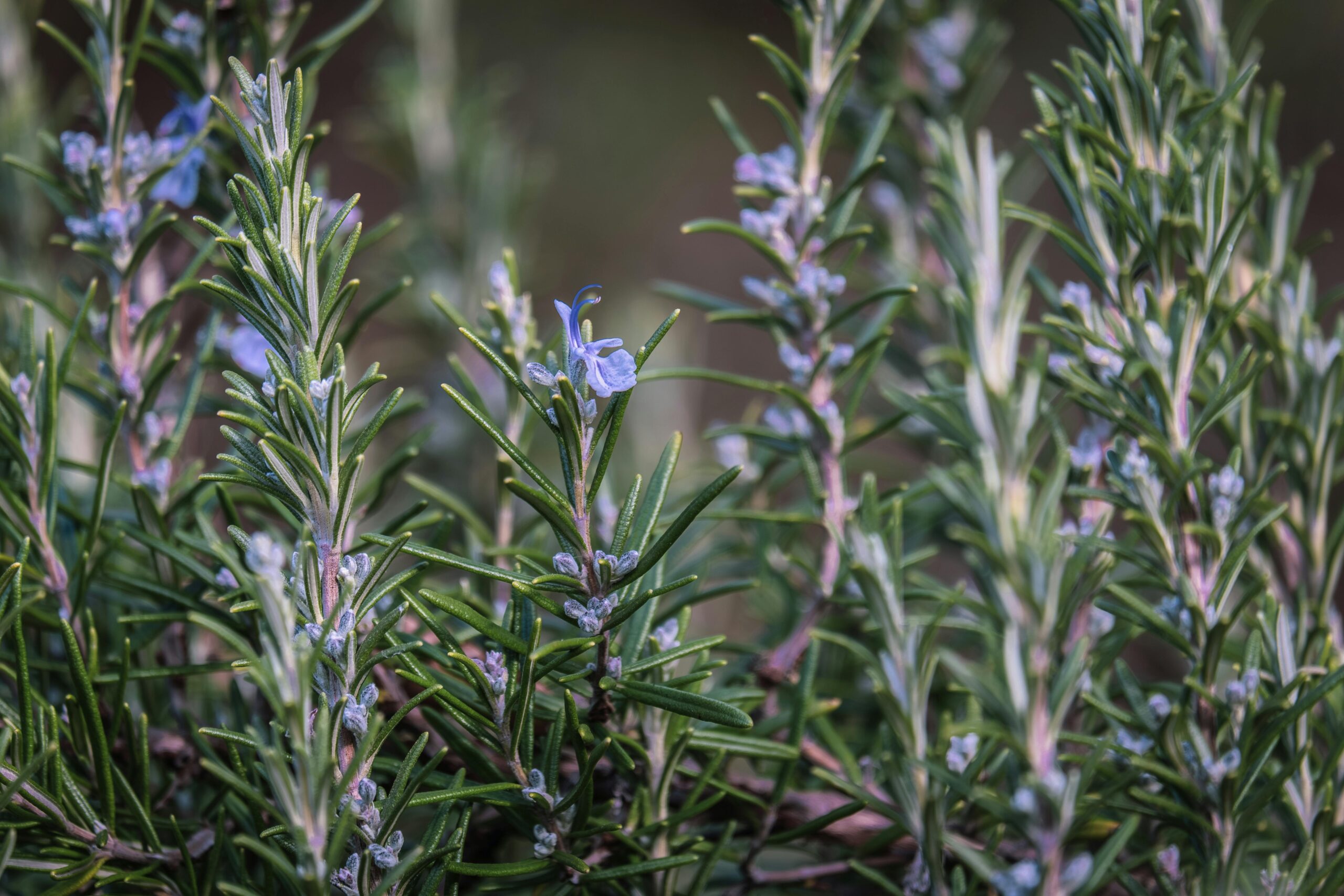
+91-7019960850
sanjeevinigarden@gmail.com
Sanjeevini Garden Products, KAN-4-36/2, Coastal Farms (formerly chicken) road, Padil-Kannuru, Mangaluru 575007
Copyright © All Right Reserved